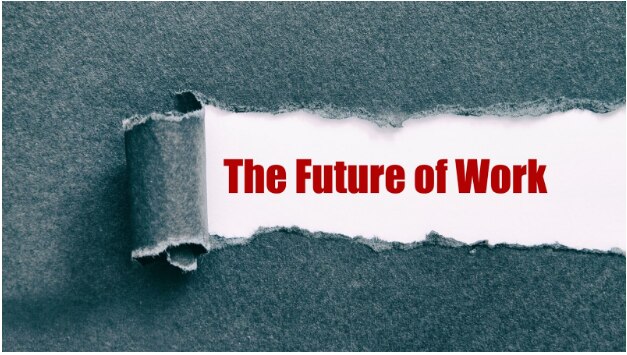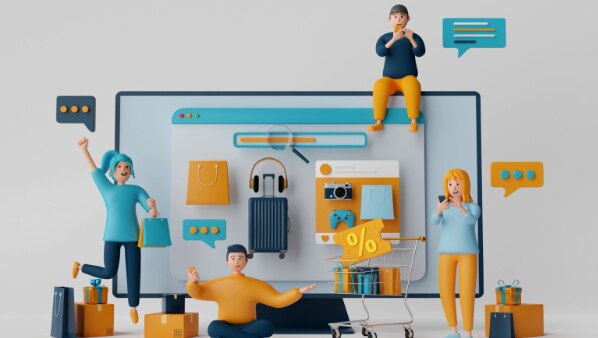Ethical Responsibility Amidst Automation’s Surge
As we hurtle towards an era of exponential technological growth, the integration of artificial intelligence (AI) and automation in the workplace continues to profoundly alter the nature of human labor. Having spent decades in the tech industry and now, as a digital transformation consultant, I witness daily the stark paradox of this new digital revolution – it simultaneously enriches and isolates.
The figures are striking. By 2019, 70% of organizations had either undergone digital transformation or were well on their way, leading the global digital transformation market to an estimated value of over $1 trillion by 2025. A colossal shift, no doubt, but it bears a heavy ethical responsibility, the magnitude of which cannot be understated.
As someone who has worked intimately with the systems powering this shift, I grapple with a range of emotions – an exhilarating sense of achievement, an undercurrent of apprehension, and an acute sense of responsibility. The excitement at the prospect of unearthing new technologies is tempered by the realization that the very same tools could potentially displace human workers, creating stark social and economic disparities.
Reskilling and Upskilling: Lifelines in a Changing Landscape
When I consider the long view, I firmly believe that technology—automation, artificial intelligence, and machine learning—are tools to be harnessed to enrich human lives. They should not, in any circumstance, become instruments that disenfranchise or marginalize individuals.
One solution is to prioritize reskilling and upskilling initiatives. Arm workers with the skills they need to navigate this changing job landscape. Equipping them to leverage technology, rather than be undermined by it, is crucial. To make this happen, corporations, governments, and educational institutions must work together.
Supporting Workers through Transition: The Need for a Safety Net
Job displacement is an inevitable outcome of the automation surge. We cannot ignore it. Yet, we can alleviate its impact by implementing supportive measures – job transition programs, career counseling, and financial aid for retraining – these are not mere options but necessities. It’s about time we made them a priority.
Fairness and Equity in the Face of Automation
Fairness and equity must be at the forefront as we integrate automation into our workplaces. As an industry insider, I see the potential disparities that could surface – some jobs are more susceptible to automation than others, and some geographical regions may be disproportionately affected. Working actively to minimize such adverse impacts on vulnerable groups is paramount.
The Human-Centric Approach: People Above Machines
Automation should be about enhancing human capabilities, not replacing them. The human-centric approach to automation emphasizes creating opportunities for meaningful and fulfilling work. By augmenting human work with automation, we can increase productivity and quality, while preserving the elements of work that bring satisfaction and dignity.
Ethical Deployment of Automation: A Call to Action
The ethics of automation extends beyond livelihoods and socio-economic disparities. It trickles down to our collective well-being and the fabric of our societies. As a digital transformation consultant, my mission extends beyond implementing automation. It involves advocating for responsible and inclusive deployment strategies.
We must ask ourselves – are we just creating efficient systems, or are we building a world that respects human dignity and values social harmony?
Overall, it’s clear that the impact of AI and automation on the future of work is not just an economic or technological issue, it’s a deeply ethical one. Ensuring that workers have a voice in their fate, even in their own layoffs, becomes essential.
To borrow the words of Albert Einstein, “Technological progress is like an axe in the hands of a pathological criminal.” We must strive to wield this axe responsibly, carving paths of opportunity rather than avenues of despair.
Ultimately, as we steer this digital transformation, it is critical to remember – technology serves us, not the other way around. A future where humans and technology coexist harmoniously is not just a distant dream, it’s a goal we can – and should – actively work towards. Remember, the essence of technology is not in circuitry, but in humanity. That’s “tech for thought”.







